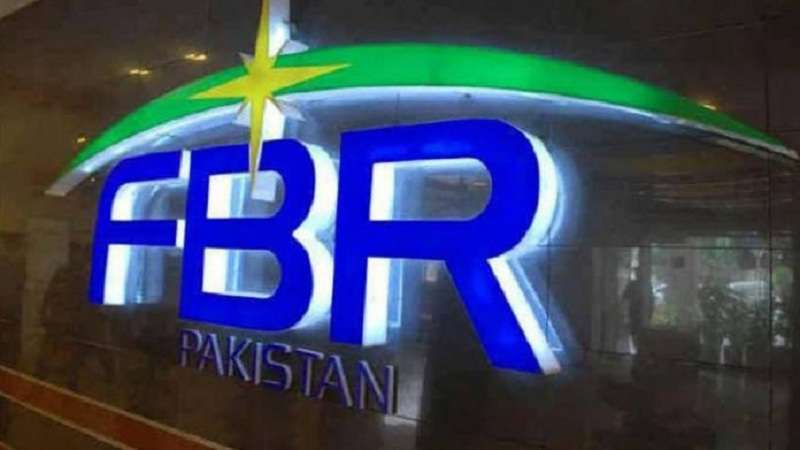In a significant move to boost tax revenues, the Federal Board of Revenue (FBR) has announced the reintroduction of tax collection on cash withdrawals from Non-Active Taxpayer List (ATL) persons by banks.
The FBR issued Circular No. 2 of Income Tax dated July 26, 2023, which explains the changes brought through the Finance Act, 2023 to the Income Tax Ordinance, 2001.
Under the newly introduced Section 231AB of the Income Tax Ordinance, 2001, every banking company is now required to deduct an advance adjustable tax of 0.6% from any individual whose name is not listed in the Active Taxpayer List (ATL) at the time of making payment for a total sum of cash withdrawal (aggregate cash withdrawal) in a single day exceeding Rs. 50,000/-. This amendment is aimed at encouraging tax compliance and widening the tax net.
The provision extends its coverage to cash withdrawals made on credit cards or from ATMs, ensuring that all significant cash transactions are subject to the withholding tax.
To illustrate how the tax is calculated, the FBR provided the following examples:
If the aggregate amount withdrawn in a single day is Rs. 50,000 or less, there will be no tax deduction.
If the aggregate amount withdrawn in a single day is Rs. 50,500, the tax deduction will be Rs. 303.
If the aggregate amount withdrawn in a single day is Rs. 55,000, the tax deduction will be Rs. 330.
If the aggregate amount withdrawn in a single day is Rs. 75,000, the tax deduction will be Rs. 450.
It is essential to note that the withholding tax on cash withdrawals is considered an adjustable tax against the tax liability of the individual for a given tax year. This means that the tax deducted will be taken into account while calculating the final tax payable for the year.
However, there are certain exemptions to this new rule. The tax will not be deducted in the case of cash withdrawals made by:
(a) The Federal Government or a Provincial Government;
(b) Foreign diplomats or diplomatic missions in Pakistan;
(c) Individuals who can produce a certificate from the Commissioner stating that their income during the tax year is exempt.
The move comes as part of the government’s efforts to increase tax revenue and reduce the tax gap by ensuring that all eligible taxpayers fulfill their tax obligations. It also aims to promote a more transparent and efficient tax collection process in the country.
